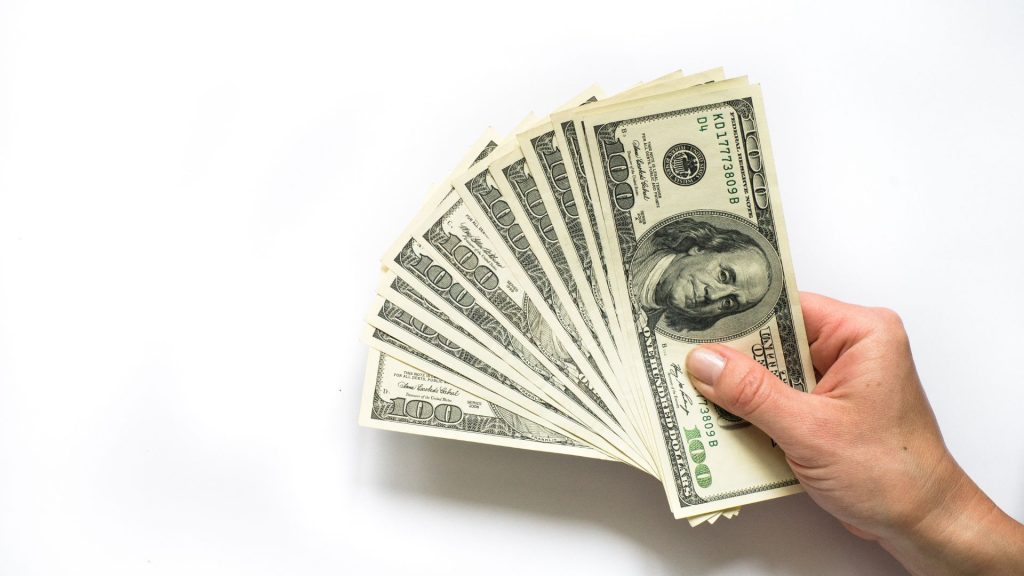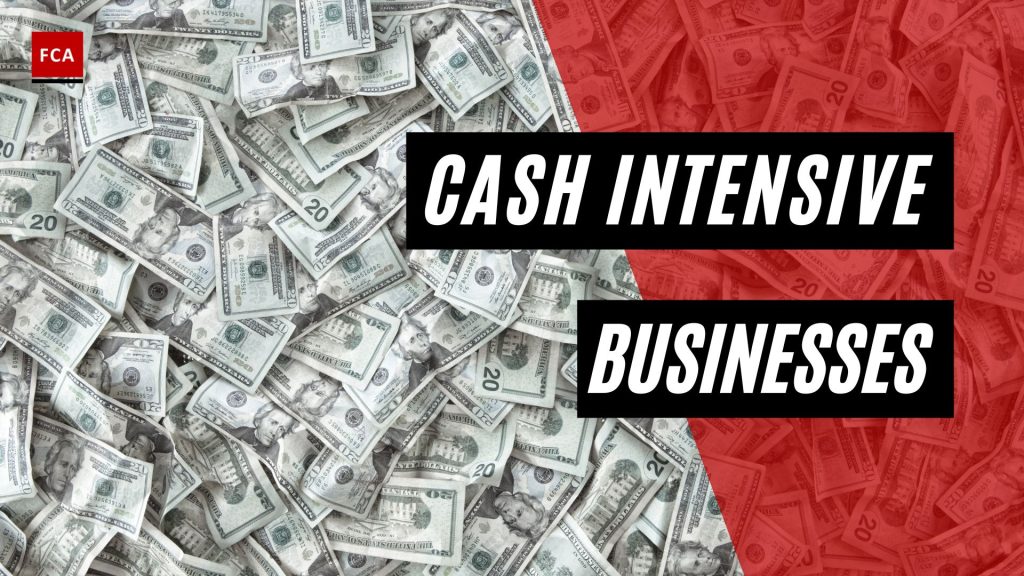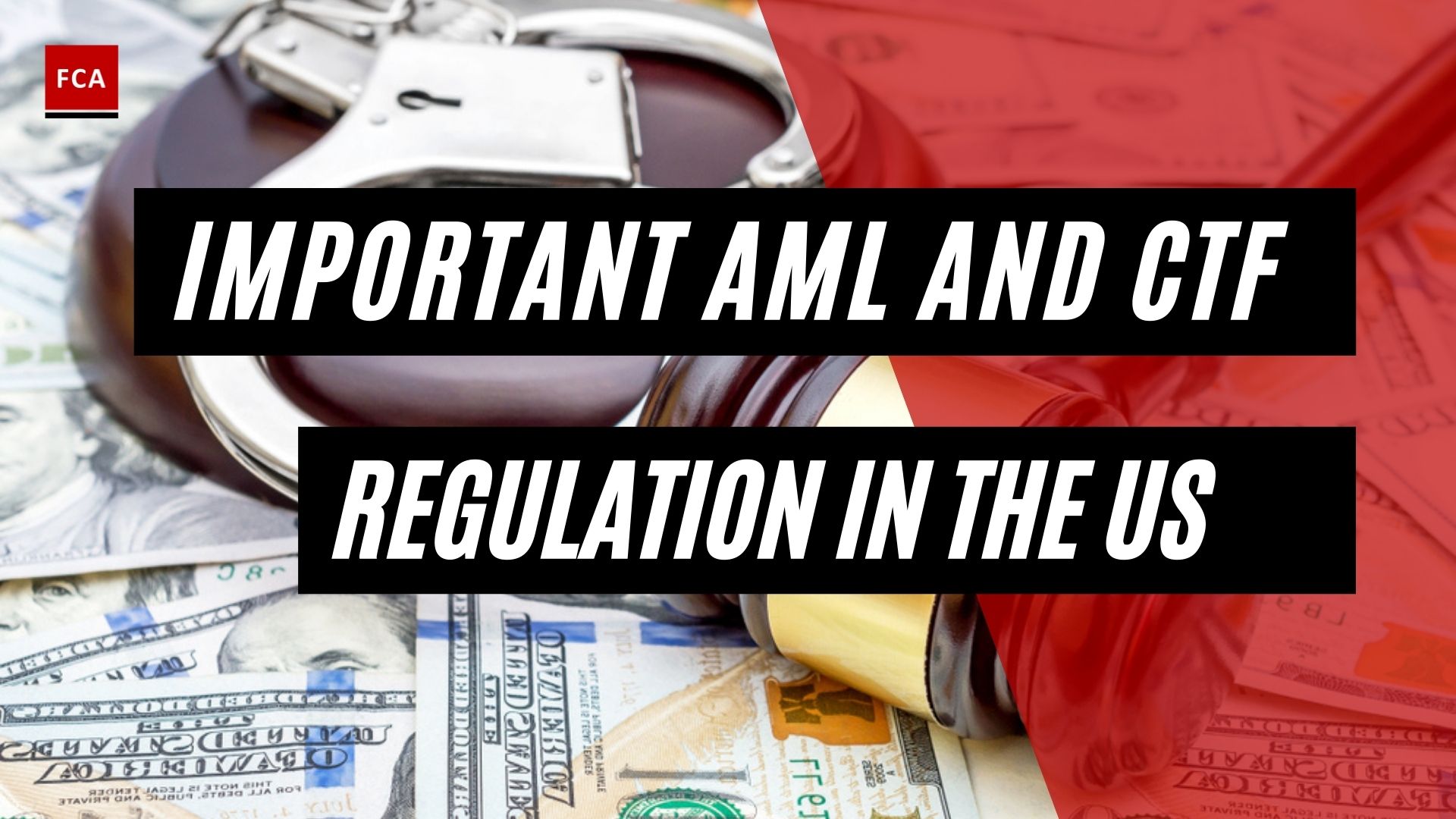The cash intensive businesses or cash business scheme is one of the most classic schemes for laundering large amounts of physical cash. Even today, there are many businesses who handle most of their transactions in cash. Illicit cash can be inserted into these transactions at a fast or slow pace.
Placement for a cash-intensive business scheme involves direct cash payments to the owner or manager of the establishment. The money to be laundered for the day is brought to the premises of the business. It stays in a safe location until it can be added to profits for the day through one of several methods.
When the money is laundered through cash businesses, such as car washes and strip clubs, the layering stage takes place when dozens of fake transactions are slipped into the books throughout the day. These transactions may take the form of fake customers, or through extra services tacked onto legitimate transactions, with the difference added from the placed money.
Cash intensive business schemes often extract the money through daily profits. This scheme requires the money to be laundered somewhat slowly, but some amount is ready every day, making it more liquid for the launderer. Taxes are paid on the reported profits, and the money can now be used to any purpose.

Cash Intensive Businesses: Casino Money Laundering
The casino scheme works by funnelling the money through gaming. The money is converted to casino chips, which are then briefly played and then transferred back into cash. The chips may be converted by the launderer or by a proxy.
In many cases, the casino where the money is being laundered is in a different nation than the launderer’s nation of origin. This makes it difficult for law enforcement in either country to gather evidence that might reveal proof of money laundering.
The placement stage occurs when the money is delivered to the proxy who will take payment in cash and then exchange it into chips. In some countries, travel agencies provide casino chips as part of their packages. Paying for these packages in cash can be an effective way to place the cash without electronic records.
When the money is laundered through gambling, the layering stage takes place when the cash or chips purchased through an intermediary is carried into the casino and used for gambling. In most cases, very few of the chips are used for gambling because of the risk of loss. Instead, the chips are lightly used for several hours and then converted back into cash.
The receipts from the cash out are used as evidence of the cash’s legitimacy. There is no record of how many chips were carried into the casino, so the launderer can plausibly claim that small amounts were carried in and the larger sum comes from winnings. Money laundered through casinos is relatively easy to integrate. Once the winnings have been reported and any taxes have been paid, the money can be used for any other purposes.

Final Thoughts
The continued use of cash-intensive business schemes and casino money laundering practices underscores the significant gaps in the current anti-money laundering (AML) frameworks across the world. Despite advancements in digital transactions and forensic accounting, these classic techniques remain effective due to their simplicity and ability to embed illicit cash into legitimate streams of commerce. Although these methods necessitate a slow pace for successful operation, their benefits, particularly in terms of liquidity and access to laundered funds, outweigh the risks for many criminals.
The international dimension of these activities further compounds the challenges for law enforcement due to jurisdictional limitations. Hence, a re-evaluation and strengthening of global AML strategies are vital to combating these enduring schemes. This includes improved international cooperation, enhanced regulatory oversight, and advanced training for those in cash-intensive industries to identify and report potential instances of money laundering.









